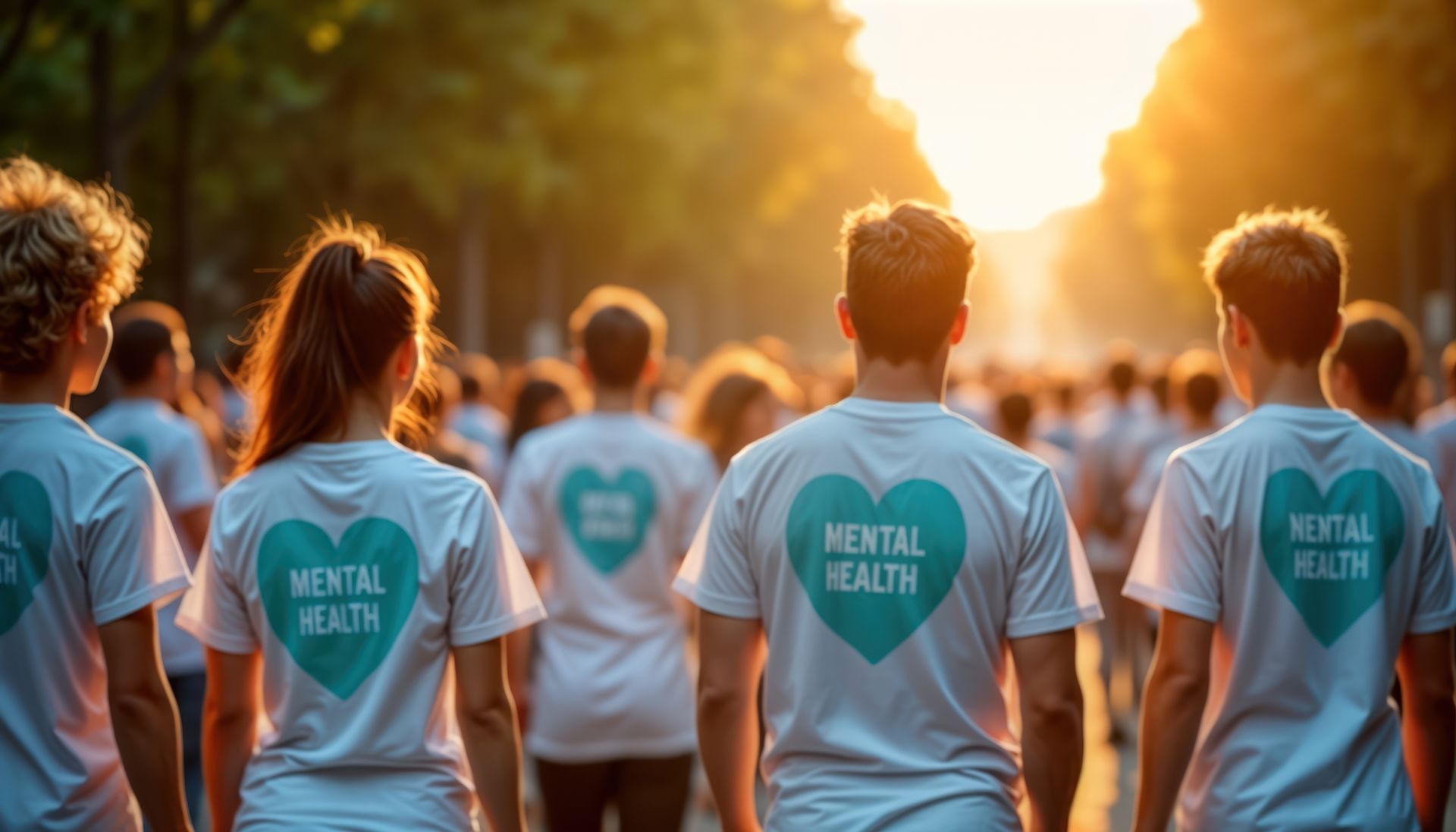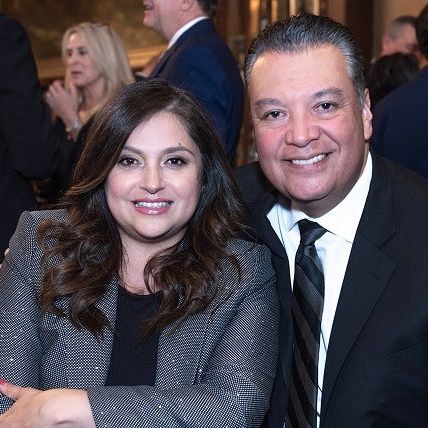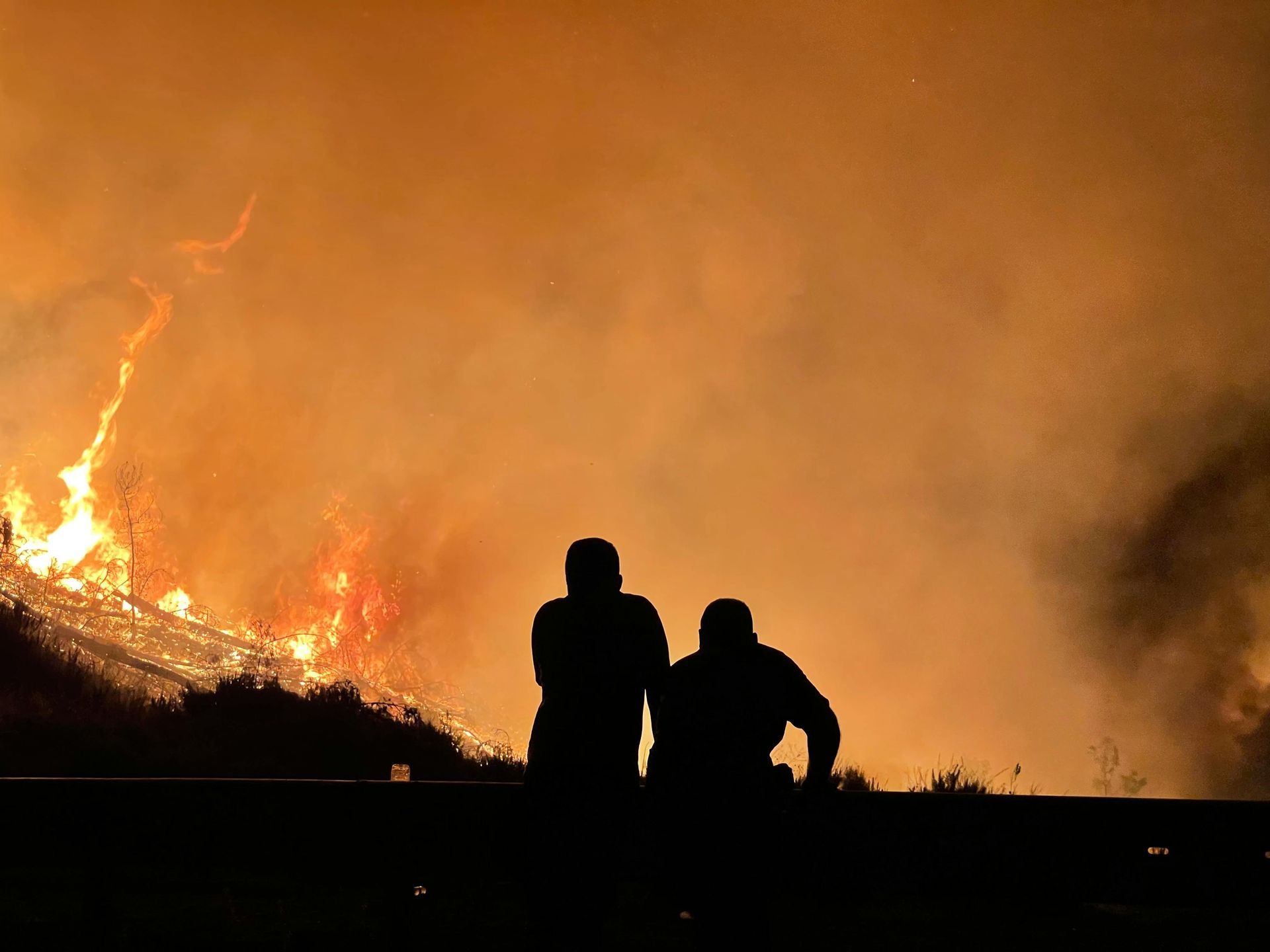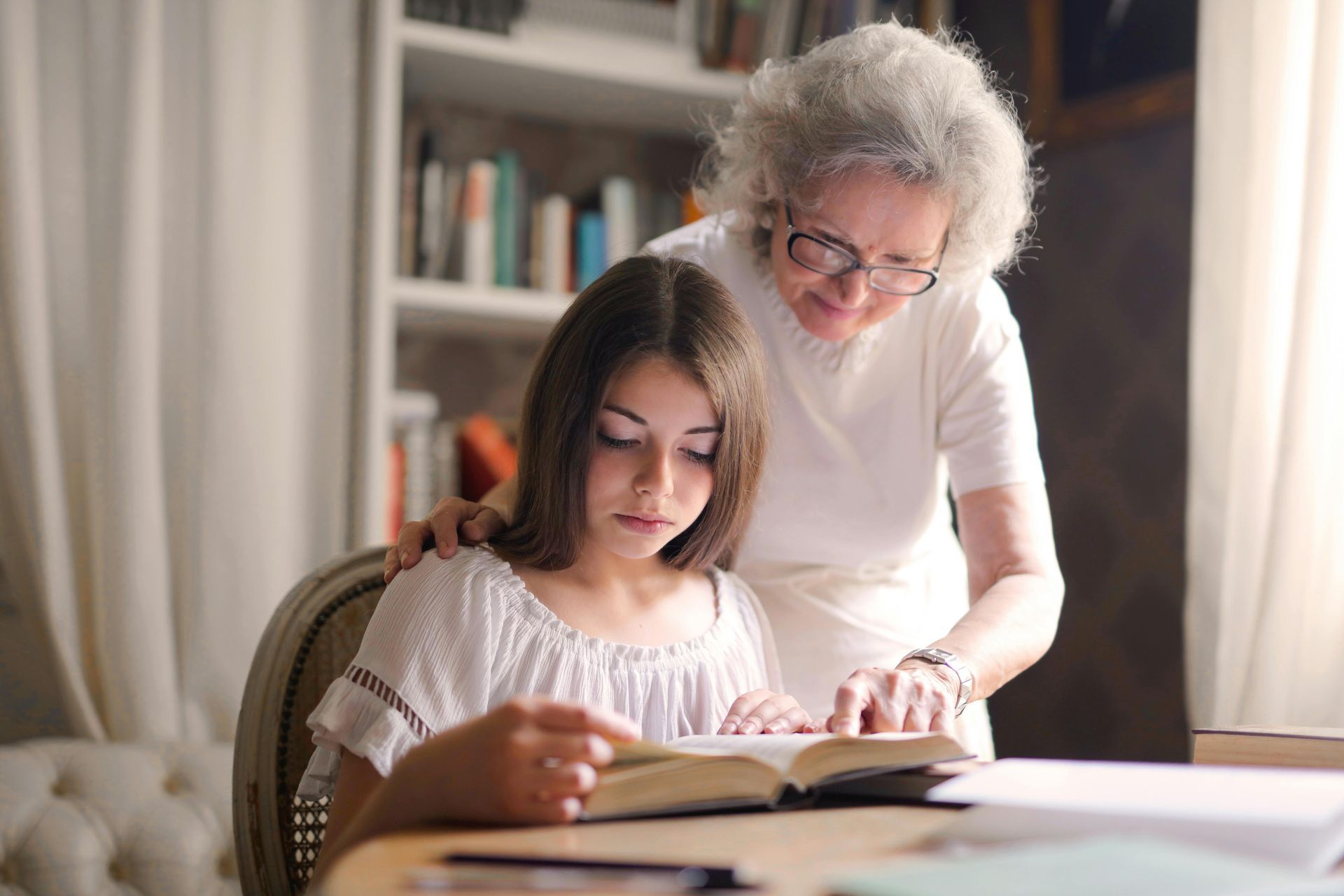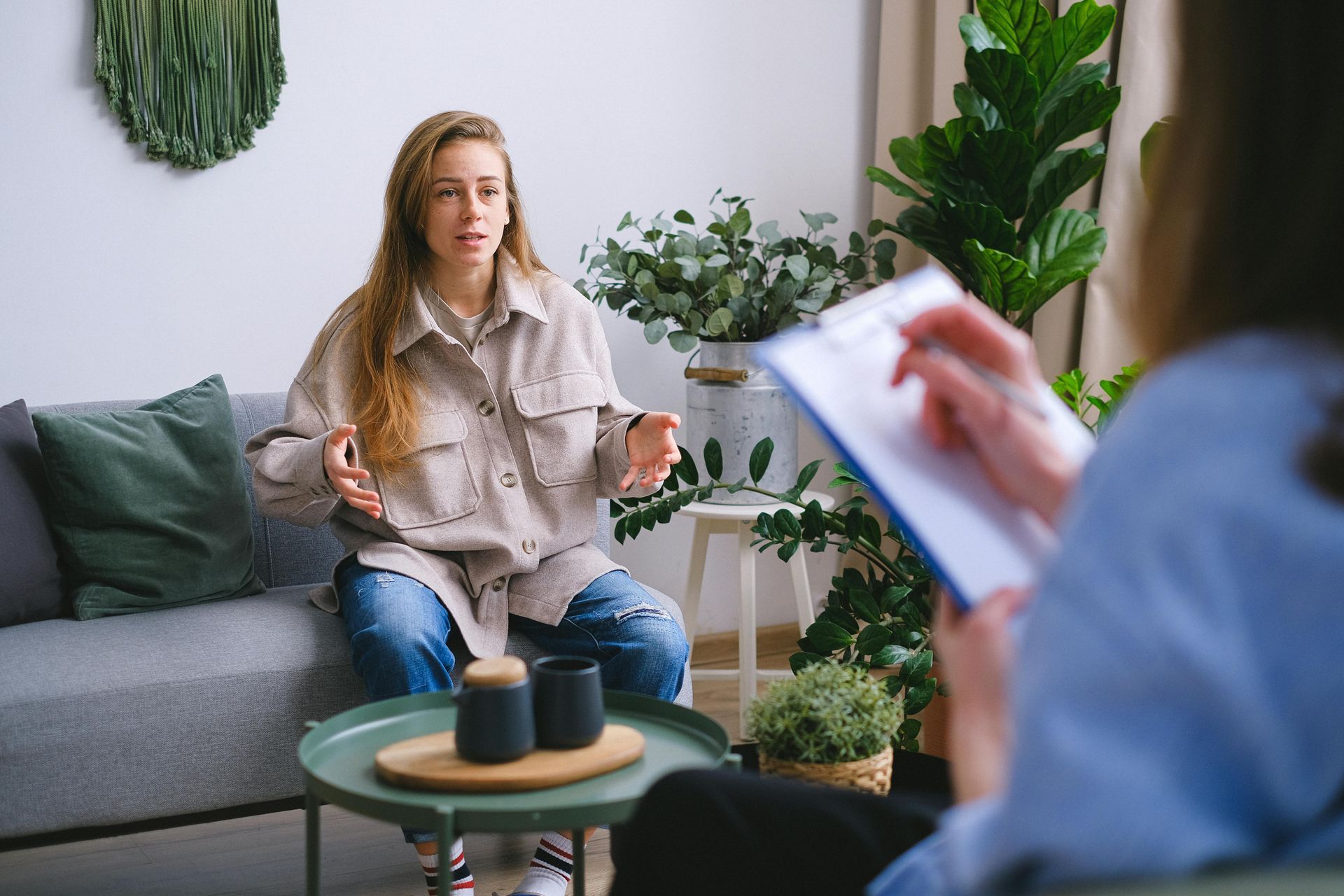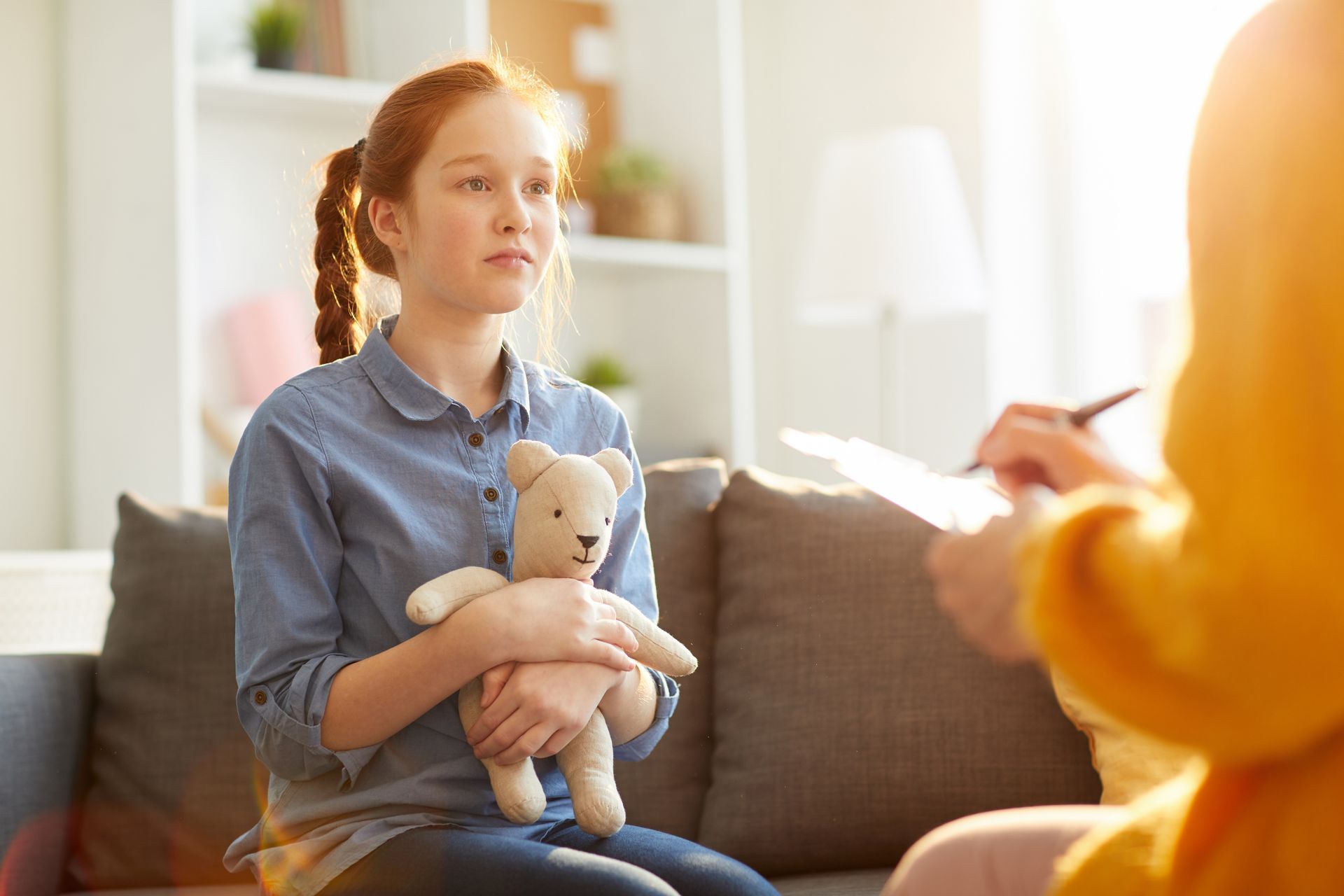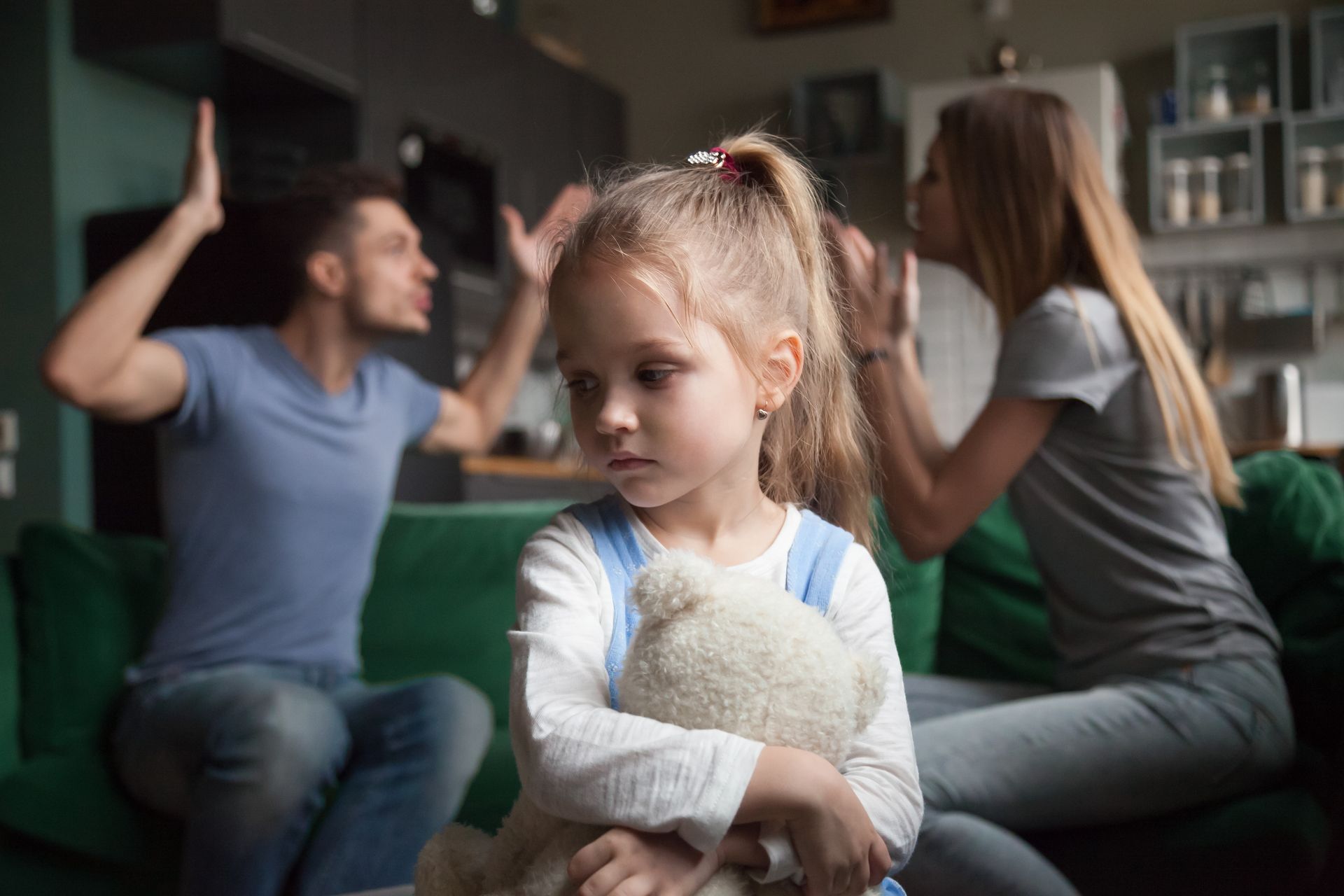The COVID-19 Vaccine and Mental Health: Overcoming Vaccine Anxiety
Early in December 2021, figures showed that more than 2.3 million children ages 5 to 11 had contracted COVID-19, with 209 reported fatalities. However, despite the approval of a vaccine that is 90% effective in avoiding the sickness for younger children in late October, such numbers evidently aren't persuasive enough to convince many families to get their kids vaccinated.
At the 4th Annual Mental Health Symposium, Dr. Ilan Shapiro touched on the subject of vaccine hesitancy — and how it affects parents, children, and mental health.
Shapiro is among the physicians and pediatric practice leaders in the United States who push for healthier, open discussions about vaccination in order to combat fear, misinformation, and ultimately safeguard the community from COVID-19.
It’s no secret that the COVID-19 pandemic has deeply affected the well-being of children. Isolation, anxiety, school closures, loss of socialization, are just a few examples.
As a parent himself, Dr. Ilan Shapiro saw his children suffering from anxiety and depression symptoms. When he first heard about COVID-19 in 2020, he let his kids stay at home, with little to no social interaction. “But as a father, I would give absolutely everything to protect them,” he said.
Shapiro shared his experience of his first encounter with the vaccination, being among the first 50,000 physicians in America to get access to vaccines. Since most vaccinations are developed over an extended period of time, it was natural that there were many concerns about the rapid approval of the COVID-19 vaccine. Nevertheless, as a healthcare professional, he proceeded.
“We had the data, we had the information, and I jumped in.” he stated. “People were getting sick. I’m a doctor. We’re like soldiers — we need to protect them.
For the first time I actually understood soldiers and firefighters fighting to end the problem instead of running away from it. I needed to be here with my patients, connecting. And I needed a shield to protect myself and not bring any presence to my own kids.” he added.
The battle of guilt and fear with the COVID-19 vaccine: effective, but is it safe?
Having been vaccinated himself, Shapiro felt guilty that he couldn't give his children the same peace of mind and freedom that he had, so that they could continue enjoying their childhood.
In November 2021, the CDC finally announced that children aged 5 to 11 could and should be vaccinated against COVID-19 using the Pfizer-BioNTech pediatric vaccine.
He was thrilled to be able to protect his family with the vaccination. But he, too, was fearful — just like everyone else.
“Is there anyone here that likes any kind of medical procedure? Exactly.” He said jokingly.
Parental reluctance to vaccinate their children, whether with the COVID-19 vaccine or with standard flu shots, is something that all parents experience at some point. Vaccine hesitancy may be caused by several factors, including fear, misinformation, and apathy.
“COVID-19 is just like a cold for kids” he kept hearing. But as a pediatrician working for the American Academy of Pediatrics, he would see unvaccinated children in the ICU — suffering from health conditions and prolonged COVID-19 infections.
The fears of uncertain, long-term negative effects, particularly with the COVID-19 vaccination, are all amplified by the rapid dissemination of false information on the internet.
So, how do we overcome all these fears that come with it?
How To Overcome Vaccine Anxiety
"We are no longer in 2020, we have a wealth of information to safeguard them. There are several answers." Shapiro remarked.
1. Beat misinformation: make data and evidence-based decisions
We normally don't respond well to a lot of uncertainty, notably when it comes to our wellbeing and our body. But, knowledge is power.
Understanding the history of vaccinations is essential for overcoming vaccine reluctance and increasing vaccination rates during important times. Vaccine development often takes up to 10 years. With the COVID-19 vaccine, this timeframe was accelerated — but no procedural stages were bypassed.
Take the time to investigate any immunizations you're receiving so you can comprehend their ingredients — how they've been administered, the vast amount of study behind them, and the possible side effects. Look at the numbers. Assess the official data. Look to trusted and reputable organizations.
Naturally, there will be some things that are hard to understand, but discussing these issues with your doctor may help you gain a better perspective and feel at ease.
“I needed to put my feelings aside, look at the evidence-based information that we have, and make a decision. I vaccinated my kids, they have been doing amazing and they're about to have their booster.” Shapiro stated.
2. Reassurance vs. lecturing: having healthy, open, and meaningful conversations
“Everytime I talk to a parent, they tell me ‘you know doc, I’ve been waiting”. Shapiro expressed that some of the parents he had spoken to had been anticipating doctors would immediately and aggressively lecture them about the vaccine.
But, this is certainly not the case. Medical experts are here to educate, reassure, and ease any worries and questions you have.
And we should approach others in the same way when someone (may it be a family member or a friend) opens up about their fears about the vaccine.
3. It’s okay to be scared.
“It’s okay to be scared, it’s okay to have questions. But, it’s not okay to grab misinformation from the outside and try to justify your feelings.
He praised.
Being scared is a completely normal response to everything that’s been happening in the world. But, things might go wrong if you allow your anxiousness to take over your judgment completely.
Fear is a warning that it's time to take a step back and consider how you'd like to react. Exploring what is already known about the vaccinations will help you provide a more honest judgment of the amount of risk involved.
“This is the moment that we need to be vaccinating our communities against fear with a dose of truth.”
